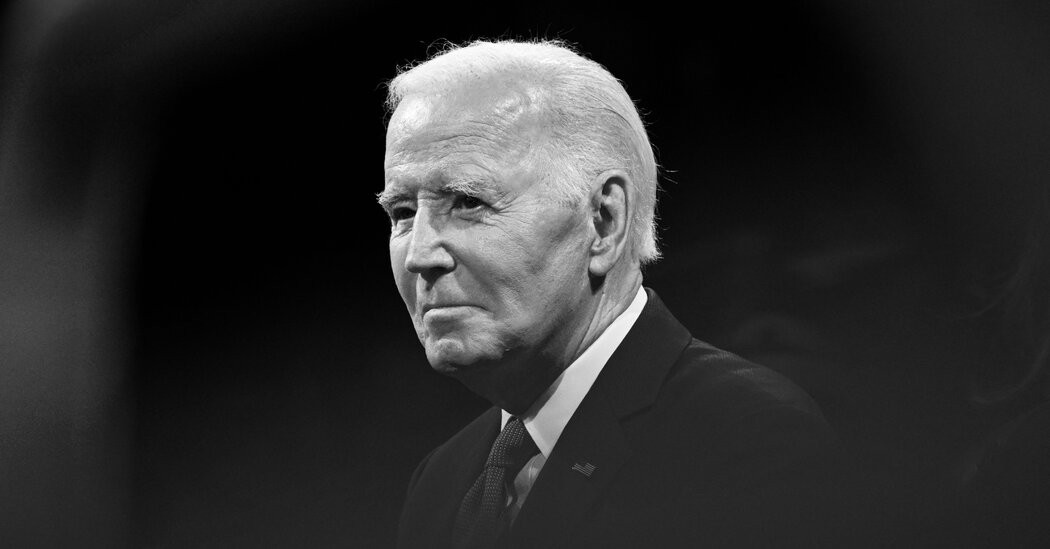

On Nov. 5, 1994, my father, Ronald Reagan, wrote a letter to America announcing he had been diagnosed with Alzheimer’s. He and my mother had decided to share the news, he wrote, because, “In opening our hearts, we hope this might promote greater awareness of this condition. Perhaps it will encourage a clearer understanding of the individuals and families who are affected by it.”
Almost six years after leaving office, no longer the leader of the free world, my father found another path of leadership — sharing the sadness of a diagnosis that is heartbreakingly common, one that often leaves people feeling helpless, terrified and alone, even if they have family members and friends around them. Facing one’s own mortality is a solitary journey, yet seeing through the shadows to an outstretched hand, hearing in that wilderness that there is someone else wrestling with the same emotions, calls forth the tears that want to fall and also the possibility that those tears will dry.
Over the weekend, Joe Biden informed the nation of his diagnosis of prostate cancer. For the former president, it is, of course, a personal matter, but it can also be something else: an opportunity to show leadership, not in the arena of national or global politics, but on a vulnerable, human level.
Alzheimer’s was almost a forbidden subject when my father received his diagnosis. He opened the gates to discussing it, looking at it, trying to understand it. It was a role very different from the one he had known as governor or president.
The disease afflicting Mr. Biden is these days spoken of openly, but the emotional tidal waves that come with it are often not. Millions of people face the trauma and fear of learning that they have cancer. Millions of people struggle with how to talk about it, how to process it, how to get through the endless dark nights when death stands in the doorway and whispers “maybe.”
Mr. Biden’s news comes at a bad time for him politically, amid renewed discussion of the decline he suffered while in office, and of the ways his staff and family insulated him and kept the American people in the dark. That has fueled speculation that he knew about the cancer for far longer than he has divulged. (My father, too, was accused of knowing about his diagnosis while he was in office, years before he disclosed it. For that to have been true, he would have lived with the disease for 20 or so years — not a realistic possibility for someone his age.)